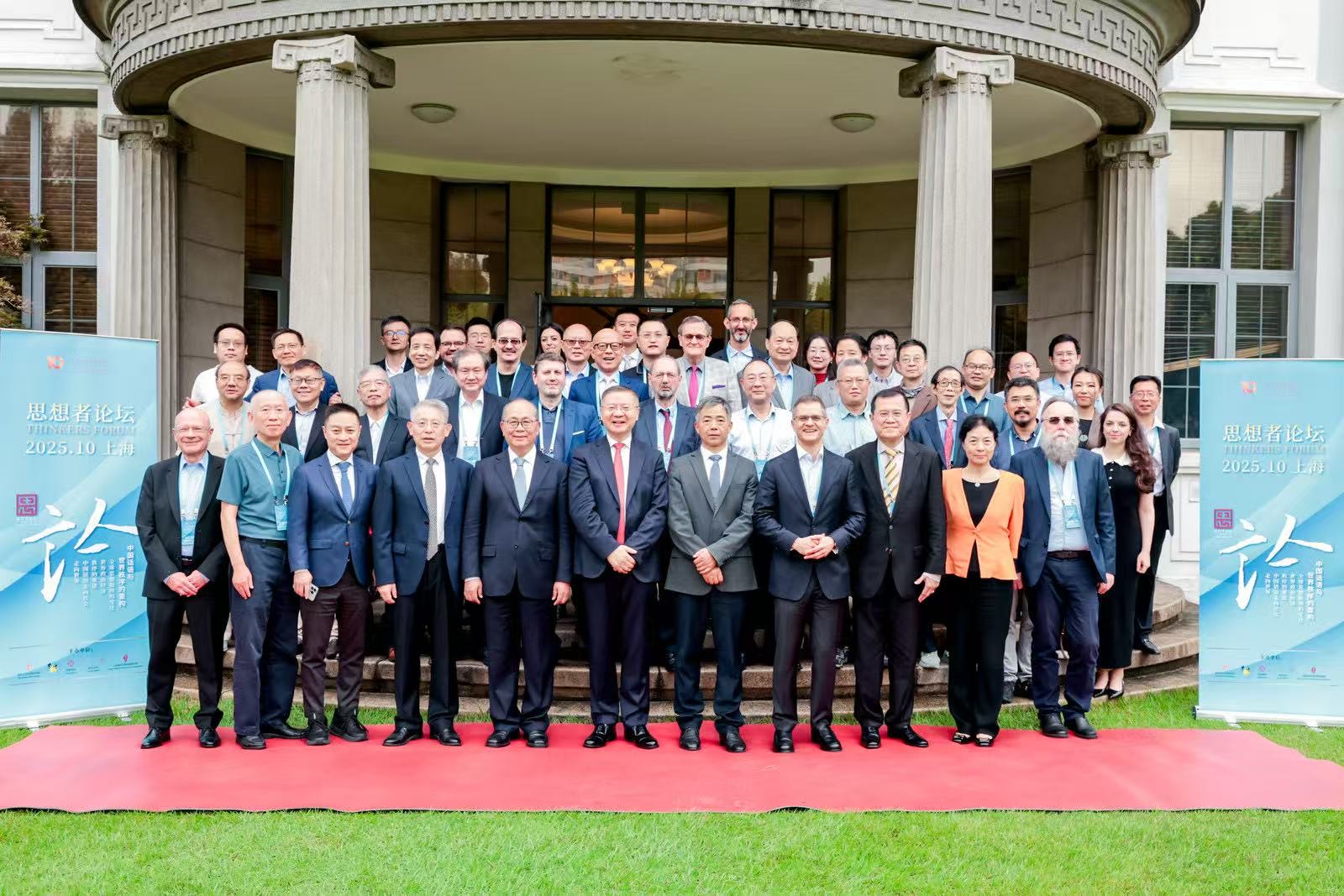European Russophobia and Europe’s Rejection of Peace: A Two-Century Failure
Europe has repeatedly rejected peace with Russia at moments when a negotiated settlement was available, and those rejections have proven profoundly self-defeating. Read more

Shanghai, October 2025 — President of the Center for International Relations and Sustainable Development (CIRSD) Vuk Jeremić, took part in the Thinkers Forum organized by the China Institute, marking the jubilee 10th anniversary of this distinguished institution.
The Forum brought together prominent thinkers and scholars from around the world to discuss “Global Changes and the Reshaping of the World Order.”
In his keynote address, Jeremić reflected on the ongoing transformation of international relations, emphasizing that “multipolarity is no longer an abstract concept, but an undeniable reality.”
He underlined that, for many nations of the Global South—including Serbia—what is often referred to in the West as a rules-based international order has historically been marked by double standards.
“When someone in the West speaks of a ‘rules-based order,’ it practically means that those rules must be respected by everyone—except by themselves,” Jeremić said. He added that Serbia, which suffered the consequences of unilateral interventions in the 1990s, had been a victim of that so-called order.
“For those of us from the Global South—and Serbia likes to see itself as the northernmost country of the Global South—this experience has shaped how we perceive today’s changes in international relations,” Jeremić noted.
He argued that the world is undergoing an irreversible structural shift from unipolarity to multipolarity, driven by three main forces:
1. The rise of China as a result of its historic reforms and opening-up;
2. The exclusion of Russia from the post-Cold War order; and
3. The excesses of Western globalization, characterized by economic greed and moral hubris, which created deep internal inequalities and eroded social cohesion within Western societies.
Jeremić illustrated how the consequences of those three those dynamics got into confluence on a single day, recalling August 8, 2008—the day of the Beijing Olympic Games opening ceremony, the outbreak of the Georgia conflict, and the first signs of the Lehman Brothers collapse.
He described the Olympics as “a spectacular evening that symbolized China’s return to the world stage—a moment that clearly showed the world that China is back.” At the same time, he noted, Russia’s intervention in Georgia and the onset of the global financial crisis reflected the unraveling of the unipolar order.
“Those three events, happening on the same day, encapsulated the fundamental shifts that have defined the global transformation ever since,” he said.
Turning to the future of global governance, Jeremić stressed that existing institutions—particularly the United Nations—no longer reflect the realities of today’s multipolar world.
He outlined three possible paths forward:
• Reforming existing institutions to make them more representative;
• Engaging through alternative frameworks such as BRICS, the Shanghai Cooperation Organization, and ASEAN; and
• Acting unilaterally when necessary, though warning that unilateralism should not prevail over dialogue and cooperation.
He concluded by expressing hope that reform and constructive dialogue will define the coming era, rather than confrontation and fragmentation.
Jeremić was accompanied by a CIRSD delegation consisting of Vice President Stefan Jovanović and Managing Director Anja Jević, as part of his working visit to China. The delegation participated in a series of high-level dialogues and bilateral meetings with leading Chinese academics, policymakers, and institutional partners.